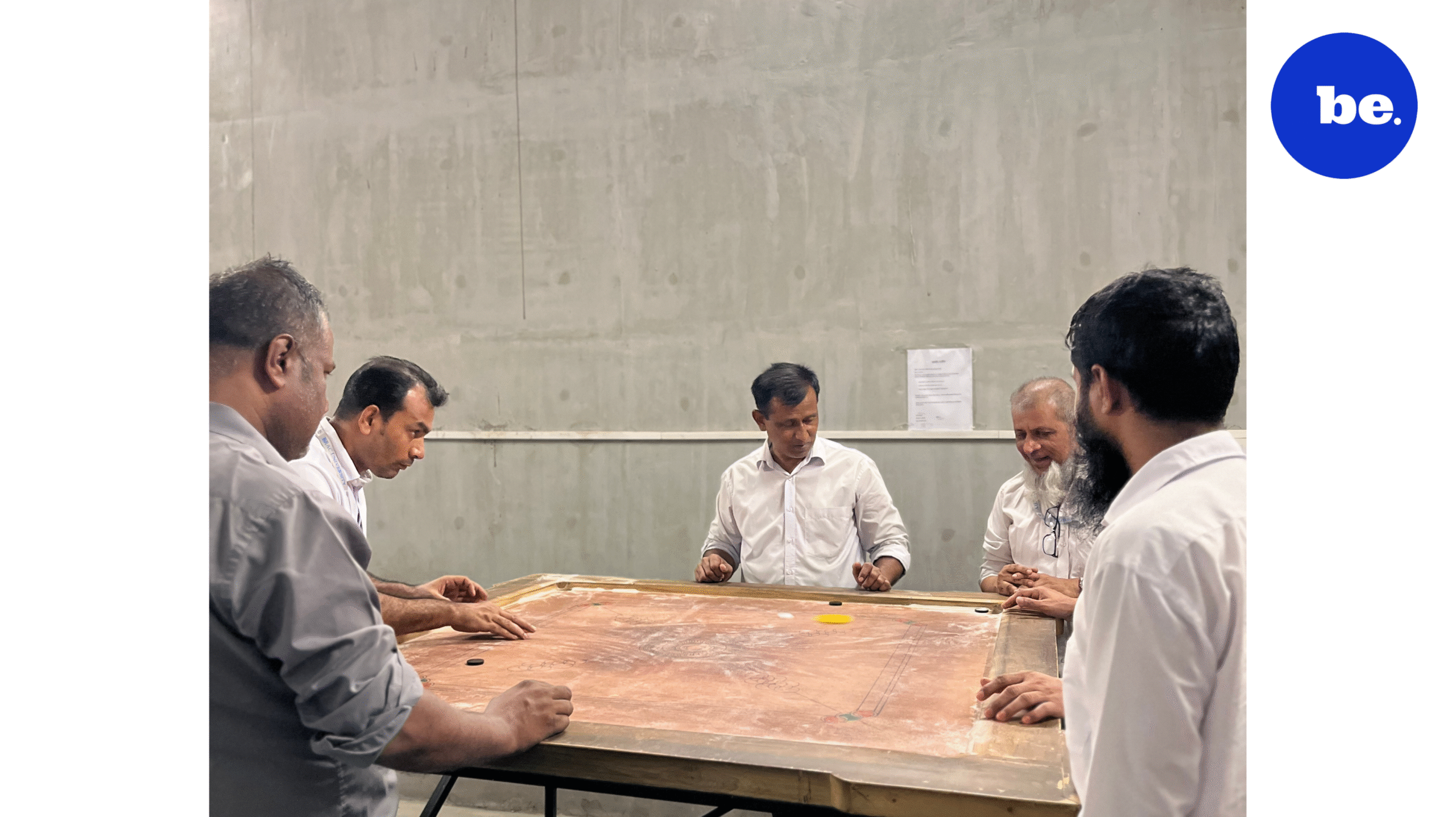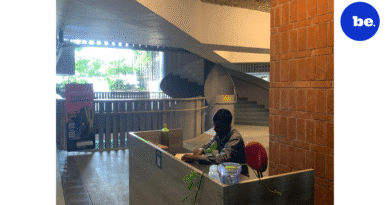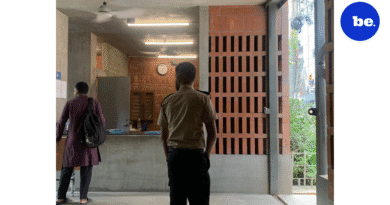The life Cycle of a Brac University Student
Much like everything else in life, one can never fully expect what university life will entail. It is a joyride of emotions that can only be gained through this particular stage in life. From developing through a wealth of experiences to graduating as a full-fledged adult, the university enters its students into a world brimming with endless possibilities.
Freshman: a new beginning
The journey of a freshman is much like an infant’s, a mixture of fear and excitement as they soon learn that university life is utterly different from anything they had experienced before. It is a rebirth into a land that feels both familiar and foreign at the same time – freshmen have to grapple with this new world by exploring this maze of a university and discovering new places and people along the way. The first few weeks are exciting: they pop up on every floor to see what is there, find old schoolmates wandering around and befriend random strangers in the same courses. They carry their ID cards as a badge of honour, walking down streets and beaming with pride to show everyone how they are a university student at last.
But the novelty soon becomes frightening. Course advisings are panic-driven messes; assignments and quizzes are constant nightmares, mid-terms, finals and presentations are new-found tortures. The glamour of this new world wears down and freshmen are made to adapt in the same way a child falls to the ground and learns to stand by themselves. Having entered university, freshmen realise that their past life has been supplanted by another one. School friendships are forgotten and replaced with the ones made in RS, free time is taken up with academic and club activities, comfort zones are broken down with the demands of university life. However, as they mature into sophomores, this tumultuous stage is one that is most fondly looked back on by all students once it is over.
Sophomore: finding comfort in awkwardness
A sophomore’s life is akin to navigating the awkward and tumultuous years of adolescence. Initially, the student feels proud of their journey so far, seemingly confident of the experience they have garnered and are optimistically prepared to tackle future challenges. To prove that their freshman days are behind them, they begin their small act of rebellion by taking their student ID card off their neck and keeping it inside the pockets of their pants or backpack. This follows the sophomore moving on from sitting at Building 2 Cafeteria to exploring and finding comfort at Bottola. They soon realise their carefree days are behind them as they look back on their RS memories and understand that the real work begins now. As the sudden increase in the difficulty level of their courses hit them by surprise, they find themselves increasingly prone to bouts of anxiety, depression and frayed nerves. Yet, like always, the student adjusts. By the end of a semester and a half, the sophomore has already found their way around and slowly prepares to bid the comfort of their ‘teenage years’ goodbye as they embark upon their junior year.
Junior: the existential crisis
Life as juniors in BracU is quite similar to entering the hell-gates of adulthood – where everything is far away from what they have expected all along. When everything appears to be a little sorted after finally settling down on a major, juniors are crushed by the superstorm of settling grades and careers, along with existential breakdowns. They are often seen offering forced smiles to friends, congratulating them on starting internships, getting into jobs or moving into new apartments. The only constant thing in their life seems to be the raging back pain with anxiety as a cherry-on-top: awkward small talk in corridors and classes has become the new normal. The ones with a few good friends struggle to fit them in between their busy schedules and endless to-do lists. The hardest thing for a junior may be controlling the urge to yell at a large group of cheerful freshmen, “This will not last long”. Much like adults, even the thought of sleeping through the weekends eases their minds. The ultimate level of adulting might be making jokes out of their situations as a coping mechanism to escape the constant self-questioning: “What exactly am I doing with my life?”
Senior: in the end, did it even matter?
The senior year is a stereotypically bittersweet experience. Everything the student has worked for is finally coming to fruition. The consequences of their actions are coming to light – it is time to face the music. Going to campus seems oddly like coming home. Gone are the days of floundering around for directions – they move instinctively, every turn engraved in their memory. Around every corner is a known face; every mama in Bottola brings out their order upon seeing them.
Seniors cannot help but reminisce at every step – looking back fondly at their past selves, at all the lessons learnt, the friends they lost and the ones they gained for a lifetime, the faculty members who inspired them, and so much more. Similar to the elderly amassing knowledge over the years, they feel compelled to share the wealth of wisdom they accumulated to those following their path. However, they consciously stop themselves, knowing that everyone is on their own journey. Seniors feel a sense of calm when looking at the freshmen, sophomores, and juniors. They are past comparing themselves to others; instead, they give it their all one last time and wait to see if the hard work pays off after graduation or if their mistakes along the way lead to their downfall. Yet, this calm often feels like one before a storm. Nevertheless, just as a person living out their twilight years, they have come to accept their fate, for the past cannot be undone.
As the giddy freshman transforms into the stoical senior, life takes on a new turn. Failures and achievements turn into lessons that the student now takes to their next stage in life. It is time to say goodbye to this world that both broke them down and made them stand on their feet.



